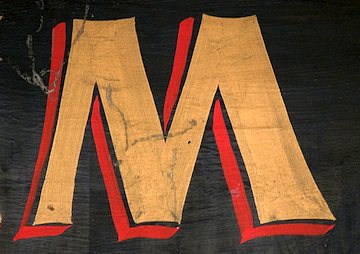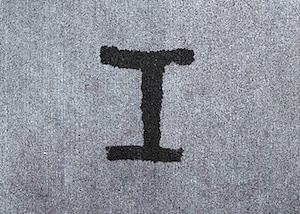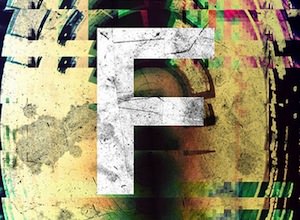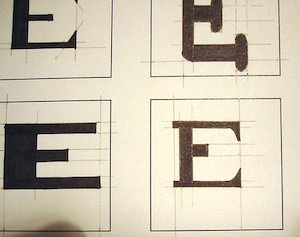


The Insider’s Economic Dictionary: R Is for Rentier
Apr 14, 2014 Race to the bottom: A term for dog-eat-dog competition by which countries compete by cutting wage levels so as to produce in the cheapest market, not by raising wages and labor productivity.
The Insider’s Economic Dictionary: P Is for Ponzi
Apr 13, 2014 Parasitism: In biology, parasites develop a strategy of gaining control of the host’s brain in order to obtain nourishment by masquerading as its natural progeny or as a part of its body. For economies, the brain in question is the government.
N Is for Neo-Serfdom, O for Offshore Banking
Jan 25, 2014 Neoliberalism: The philosophy that public ownership and regulation is inherently less efficient than management by financial operators.
M for Marginalism
Jan 25, 2014 Money: All money is credit in one way or another. But today it is government-backed or government-created credit, as its defining characteristic is the government’s willingness to accept it in payment of taxes or other public fees.
The Insider’s Economic Dictionary: L Is for Land
Jan 19, 2014 Labor capitalism: A term popularized by Margaret Thatcher to describe an economy in which workers became shareholders but not managers. Labor’s role is that of the exploited party, not the beneficiary. "Labor" is to “labor capitalism” as “lamb” is to “lamb-chop.”
J Is for Jubilee, K for Kleptocrats
Dec 28, 2013 Jubilee Year: In Judaic Law (Leviticus 25), a Clean Slate to be proclaimed every 50 years annulling personal and agrarian debts, liberating bond-servants to rejoin their families, and returning lands that had been alienated under economic duress.
The Insider’s Economic Dictionary: I Is for Ideology
Nov 30, 2013 Ideology: A set of assumptions so appealing that one looks at their abstract logic rather than how the world actually works. (See Insanity.)
The Insider’s Economic Dictionary: H Is for Half-Life
Nov 24, 2013 Hubris: A Greek term meaning overgrowth or proliferation, an addiction to power involving abusive behavior toward others, above all by victimizing people economically, typically as creditors.
The Insider’s Economic Dictionary: G Is for Groundrent
Nov 17, 2013 Government: This social control function historically has been provided by public institutions. The modern and indeed, ancient role of government is to promote security, equality under the law, economic stability and fairness, and to provide legal redress against injurious acts so as to prevent economic polarization from downgrading the status of citizens.
The Insider’s Economic Dictionary: F Is for FIRE Sector
Sep 23, 2013 Free markets: Markets dominated by the financial and propertied classes whose objective is to secure all discretionary income for themselves, ultimately by asset stripping, leaving the economy without freedom of choice except to pay the rentier class.


